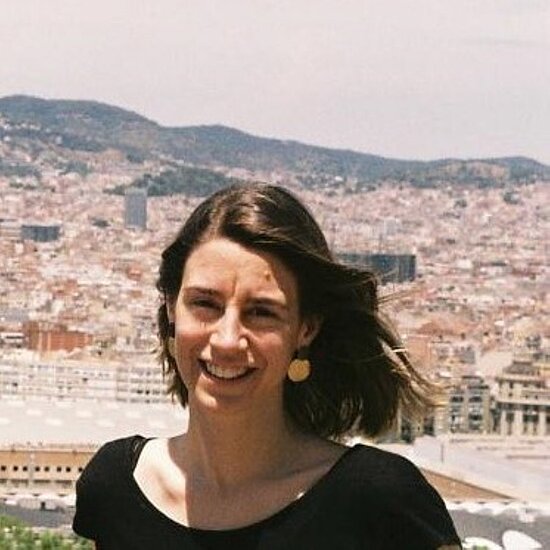Assoc. Prof. Dr. Mar Joanpere Foraster

CG8: The social impact of Adult Education on Learners Lifes
Co-Moderator: Elisabetta Ghedin
The social impact of adult education extends far beyond economic or professional benefits, influencing participants' well-being, empowerment, civic engagement, and inclusion. This comparative group will analyze how adult education initiatives contribute to social transformation at individual and community levels across different countries. The topic is relevant for understanding how educational experiences shape life trajectories, particularly for marginalized or underrepresented groups. Expected learning outcomes include the ability to identify and compare indicators of social impact, understand contextual differences, and reflect on the role of adult education in promoting equity and inclusion.
- Flecha, R., Joanpere, M., Gairal, R., Valls-Carol, R., López de Aguileta, A., & Munté-Pascual, A. (2024). Sappho Scientific Evidence Platform on Gender: Narratives of Academics and Non-Academics about a Community Science Case. Multidisciplinary Journal of Gender Studies, 13(3), 197–212. https://doi.org/10.17583/generos.15535 SJR-Q3 (Education)
- Tellado, I., Girbés-Peco, S., Joanpere, M., & Burgués-Freitas, A. (2024). Digital literacy of older women with smartphones: a dialogic approach to overcoming barriers. Research on Ageing and Social Policy, 12(1), 44–61. https://doi.org/10.17583/rasp.13864 JCR-Q4 (gerontology) Open access.
- Joanpere, M., Egetenmeyer, R., Soler-Gallart, M., López, A., & Flecha, R. (2023). Dialogic Teaching beyond Words. Multidisciplinary Journal of Educational Research, 13(3), pp 313 – 324 http://dx.doi.org/10.17583/remie.12867 SJR-Q1 (sociology) Open access.
- Flecha, R., Saso, C. E., Torras-Gómez, E., & Joanpere, M. (2022). The time of dialogic sociology. International Sociology, 37(4), 457-474. https://doi.org/10.1177/02685809221111890 JCR-Q1 (sociology and political science) Open access.
Her main intersts are in social impact of science and educational acess to everyone, especially for vulnerable groups
Dr. Mar Joanpere Foraster is a Serra Húnter Fellow in the Department of Business Management at the Universitat Rovira i Virgili (URV), where she combines academic excellence with a firm commitment to co-creation, equality, and community-based transformation.
She holds a PhD in Sociology from the University of Barcelona and began her research career in 2014 within the Community of Research on Excellence for All (CREA). In 2016, she was selected as a predoctoral visiting researcher at Stanford University’s Graduate School of Education, where she joined the Race, Inequality, and Language in Education (RILE) group as part of the EU Horizon 2020 Marie Skłodowska-Curie RISE program. In the 2024–2025 winter term, she served as an Assistant Professor at Julius-Maximilians-Universität Würzburg (JMU), through a contract with the German Academic Exchange Service (DAAD). Throughout her academic career, Dr. Joanpere Foraster has participated in seven major research projects, including three funded under European frameworks and three under the Spanish National R&D&I Plan. She also plays an active role in scientific publishing and academic networks. She is Guest Editor at Frontiers in Sociology (Q1 Scopus) and a member of the editorial board of RISE, International Journal of Sociology of Education (Q2 Scopus), where she regularly engages in peer review and editorial activities. Additionally, she has served as Vice President and member of the executive committee of the Catalan Sociological Association, representing it in the Spanish Federation of Sociology and the European Sociological Association.
Since 2016, Dr. Joanpere Foraster has volunteered in adult education programs aimed at supporting vulnerable groups in attaining secondary education. Her involvement in the Learning Communities project reflects her long-standing commitment to inclusive and dialogic education, helping adults gain access to higher education and the labour market, and ultimately improving their quality of life.


